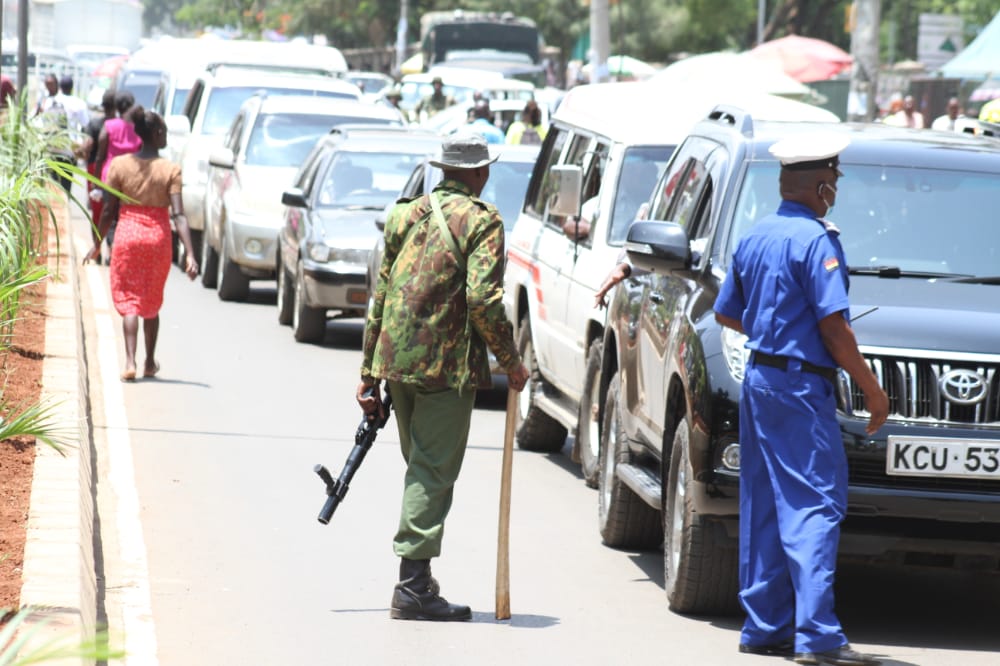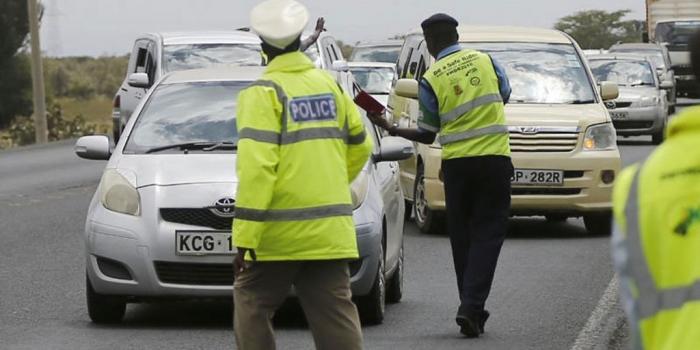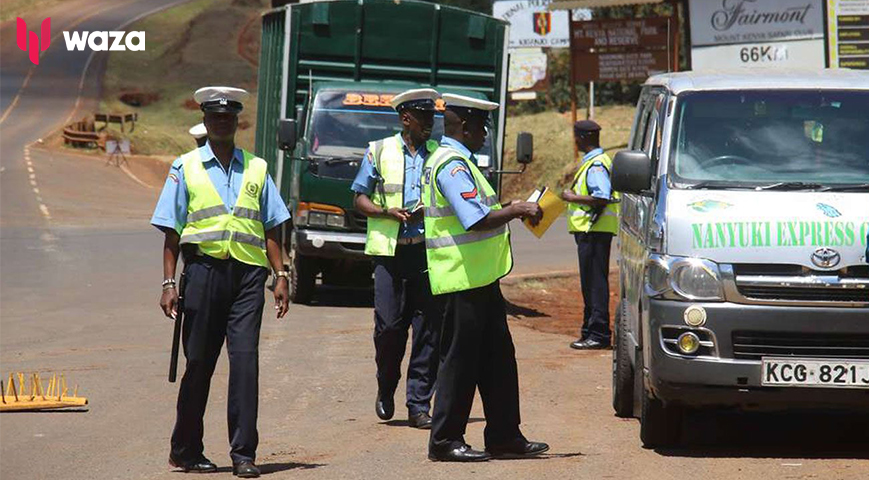To combat corruption, Robert Mbui, a member of parliament for Kathiani, is advocating that traffic police officers wear wearable cameras, also known as body cameras.
This comes after an Ethics and Anti-Corruption Commission (EACC) report found that regular police and traffic police are the most vulnerable public institutions to bribery.
According to the 2023 National Ethics and Corruption Survey, made public on Wednesday, there is a 1.45 percent chance that someone will be asked for a bribe in the traffic police department for every service they request.
According to Mbui, the government should implement wearable cameras to monitor police activity on Kenyan highways.

Did you read this?
“We need to introduce technology to mitigate this issue of corruption. We have so many traffic police officers on our roads yet there is no record of what they see. Cameras can pick who is speeding or passing on the wrong side of the road, no matter who it is. You will then just be sent a bill to pay,” the MP said during Citizen TV’s Daybreak program on Thursday.
Body cameras are frequently worn on the torso of police officers' uniforms by law enforcement personnel in the United States, Canada, and the United Kingdom.
From the viewpoint of the wearing officer, they document the incidents in which the officers are involved. When they start their shift, law enforcement personnel turn on their body cameras, which capture video continuously.
Mbui pointed out that police personnel should be paid more to protect them from harsh economic conditions and presumably lessen their involvement in bribery.

“We may need to figure out how to pay civil servants better. The government has taken most of our money with excessive taxes. The take-home has gone down and these people go out to these offices and streets to make an extra buck,” the MP said.
According to the report released on Wednesday, the likelihood of being asked for a bribe increases when requesting police security services. Subsequently, attempting to free an incarcerated individual and filing a police report or statement was done.
Applying for a Teachers Service Commission (TSC) number, registering a business, and taking a driving test are other government services where bribe soliciting is common.
Body cameras have previously been suggested as a way to combat corruption.
Commissioner General Githii Mburu of the Kenya Revenue Authority (KRA) announced in June 2022 that the agency's employees would use the devices to reduce tax evasion and bribery.
Mburu stated at the time that employees of the domestic tax department, customs, and border control would be the primary users.
However, the tax body has yet to bring up the proposal since.









